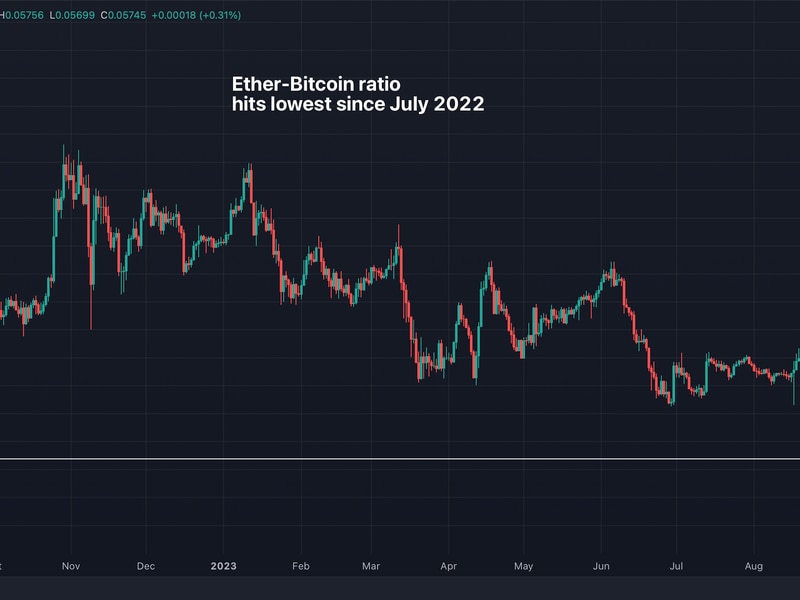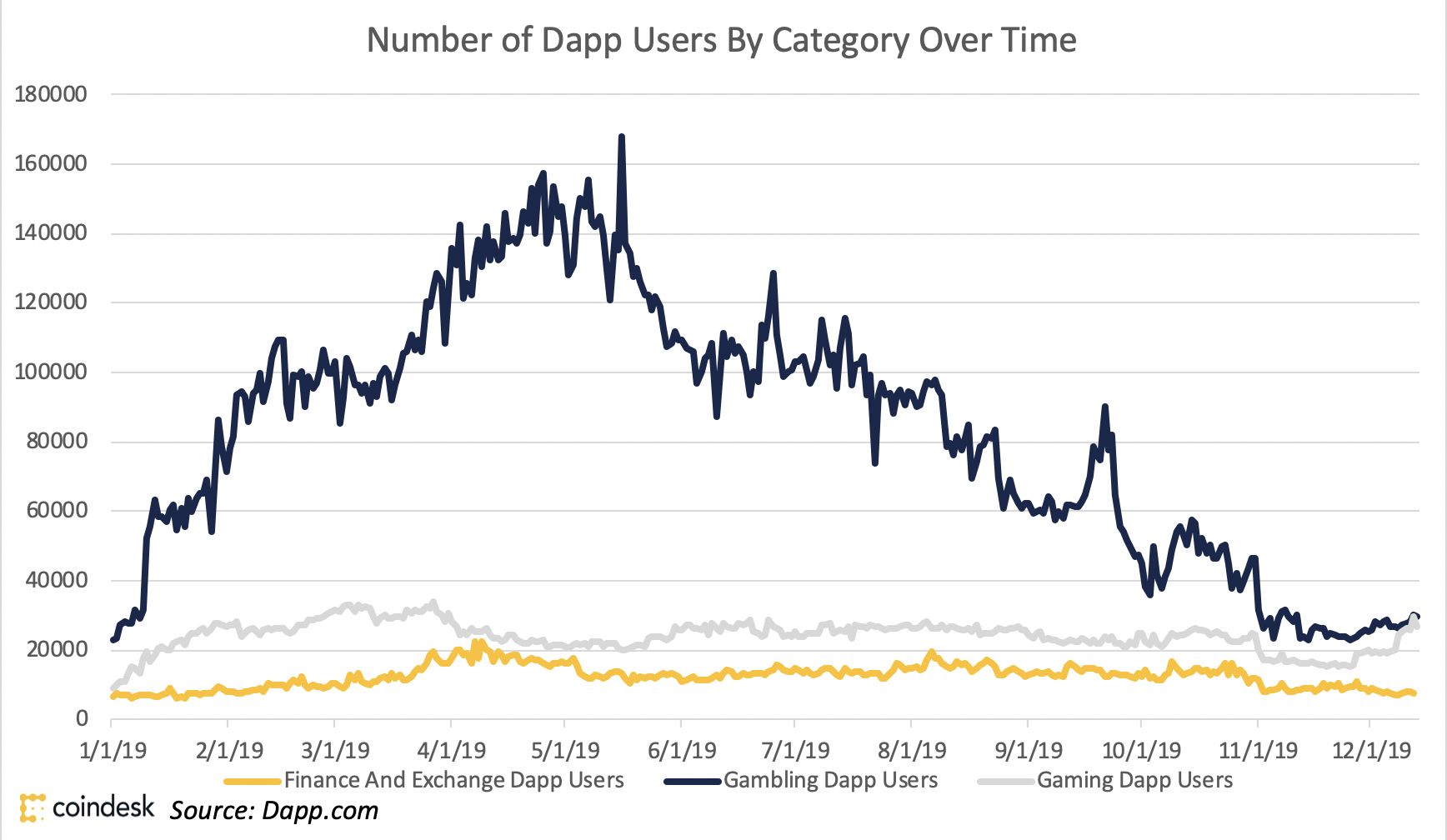HBO Is Joining Search for Bitcoin’s Satoshi. Past Attempts Haven’t Turned Out Great.
HBO says it knows who Satoshi is.
The television network is releasing a documentary, “Money Electric: the Bitcoin Mystery,” on Tuesday, with the claim that it will unveil the true identity of Satoshi Nakamoto, the pseudonymous creator of Bitcoin.
The documentary is directed by investigative filmmaker Cullen Hoback, who made a name for himself unmasking the leader of the QAnon conspiracy theory as 8kun site administrator Ron Watkins in a 2021 documentary series for HBO. (Watkins has denied being Q, but two separate linguistic studies found that he was, after taking the mantle from South African computer programmer Paul Furber.) If Hoback really has the investigative chops to sniff out Satoshi’s true identity, too, it would put an end to a mystery as old as Bitcoin itself.
But past efforts by investigative journalists to find the true identity of Satoshi have failed.
In 2014, Newsweek journalist Leah McGrath Goodman published a story called “The Face Behind Bitcoin,” identifying a California-based Japanese-American man named Dorian Satoshi Nakamoto as the creator of Bitcoin. But Dorian Nakamoto denied that he’d ever heard of Bitcoin, and categorically denied being its creator. Goodman’s story was then thoroughly debunked by other journalists.
The following year, tech publication WIRED published a (now heavily-updated) article suggesting that Australian computer scientist Craig Wright could be the inventor of Bitcoin. After the article came out, Wright went on a media blitz, telling publications like the BBC, the Economist and GQ that he was Satoshi. But it didn’t take long for Wright’s story to begin unraveling – and it became clear that Wright, who has a history of questionable business dealings and behavior – was making the whole thing up, likely as a cover for his still-ongoing issues with the Australian Tax Office, as well as to make money (and a name for himself) by copyrighting the Bitcoin white paper.
Wright also went on a lawsuit spree, suing bitcoin developers and the family of a former collaborator in an effort to gain court-ordered access to Satoshi’s trove of untouched 1.1 million bitcoin (which he claimed to have lost access to by stomping on the hard drive that contained his private keys). He also sued – and threatened to sue – anyone who suggested that he was a fraud, including podcaster Peter McCormack and former public school teacher Magnus Granath (aka Hodlnaut).
But Wright was, in fact, a fraud, according to a U.K. court that definitively ruled earlier this year that Wright was not Satoshi Nakamoto, and ordered Wright to publicly post admissions he was not the creator of Bitcoin on both his website and social media accounts. Wright has pledged (to his ever-dwindling number of supporters) to appeal the decision.
Wary of another public failure, the media has – until now – been reticent to publicly name another Satoshi candidate. And, in the meantime, the crypto industry itself has largely come to a consensus that the identity of Satoshi is better left a mystery. American crypto exchange Coinbase even cited the unmasking of Satoshi as a potential business risk in its S-1 prospectus filed ahead of going public.
But that doesn’t mean that the public’s curiosity over the true identity of Satoshi has abated. There have been convincing arguments made that any one of a number of early cypherpunks could be the creator of Bitcoin.
Some of the most commonly suggested Satoshi potentials are computer programmer Hal Finney (who died in 2014, and lived near Dorian Satoshi Nakamoto), Bit Gold creator Nick Szabo, Hash Cash developer Adam Back, and b-money creator Wei Dai. All of them have denied being Satoshi. Less common theories point to former programmer and criminal cartel boss Paul Le Roux (who is currently in prison) or the Central Intelligence Agency (CIA). Still others believe Satoshi was not an individual, but a group of coders working together.
Among Polymarket bettors, 46% have put their money on another candidate: computer programmer and cypherpunk Len Sassaman, who killed himself in 2011, shortly after Satoshi stopped posting on BTCTalk, an early forum for crypto discussions.
Galaxy Digital’s Alex Thorn posted on X that if Sassaman was indeed identified as Satoshi in the HBO documentary, it would be “neutral to positive” for BTC given that Sassaman has since died. (If Satoshi is still alive and has access to the 1.1 million BTC tied to him/her/them, if that stockpile were ever sold, that could in theory crater the asset’s price.)
Like Finney, Szabo, Back and the others, there have been convincing arguments made that Sassaman could be Satoshi. A convincing argument, however, is not the same thing as proof. Though the new HBO documentary teases “never before seen clues,” the real smoking gun would be the movement of Satoshi’s coins – something that no claimant has been able to do.
If Satoshi is dead, or unwilling to go public – even to access the treasure trove of bitcoins worth roughly $68 billion at today’s value – that proof may never come.
Edited by Nick Baker.
Disclosure
Please note that our
privacy policy,
terms of use,
cookies,
and
do not sell my personal information
have been updated
.
CoinDesk is an
award-winning
media outlet that covers the cryptocurrency industry. Its journalists abide by a strict set of
editorial policies.
CoinDesk has adopted a set of principles aimed at ensuring the integrity, editorial independence and freedom from bias of its publications. CoinDesk is part of the Bullish group, which owns and invests in digital asset businesses and digital assets. CoinDesk employees, including journalists, may receive Bullish group equity-based compensation. Bullish was incubated by technology investor Block.one.
:format(jpg)/s3.amazonaws.com/arc-authors/coindesk/572b85a4-8cec-4461-a07f-e8426649a469.png)
Cheyenne Ligon is a CoinDesk news reporter with a focus on crypto regulation and policy. She has no significant crypto holdings.
Follow @cheyenneligon on Twitter









